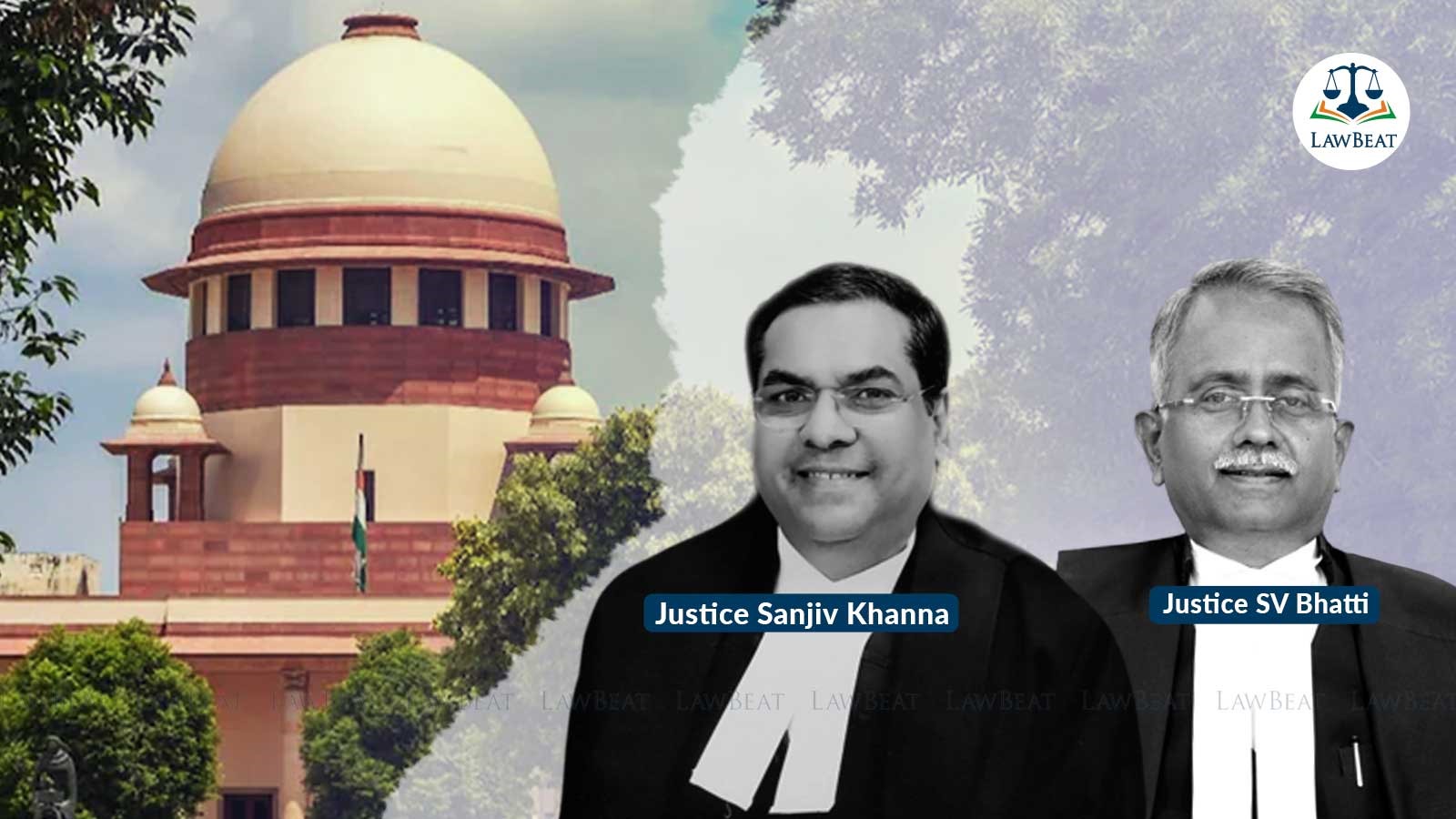Marriage can be dissolved on ground of irretrievable breakdown if separation for above 6 years: SC

Acting on an appeal filed by the man, the top court bench noted that several attempts had been made to reconcile the differences, without success and the efforts to amicably settle the disputes through mediation were also made by the top court on two occasions, however, it had not been successful
The Supreme Court has given legal burial to a dead marriage as both the husband and wife were living separately for over 20 years, holding that a marriage can be dissolved on the ground of its irretrievable breakdown if the period of separation is sufficiently long, above six years or more.
A bench of Justices Sanjiv Khanna and S V N Bhatti directed the man, working as an engineer in a company to pay Rs 20 lakh, in five equal installments, to his wife, who worked as Assistant Professor in an engineering college.
"In view of the undisputed position, we deem it appropriate to give a legal burial to the dead marriage in exercise of the power under Article 142(1) of the Constitution of India. Accordingly, we pass a decree of divorce dissolving the marriage," the bench said in its recent order.
Acting on an appeal filed by the man, the bench noted that several attempts had been made to reconcile the differences, without success and the efforts to amicably settle the disputes through mediation were also made by the top court on two occasions, however, it had not been successful.
"They are financially independent, and have not connected with each other for nearly two decades. They do not have a child," the bench said.
In the marriage solemnised in February, 1999, the parties lived together only till May, 2000. The man claimed that since then, they did not have a conjugal relationship.
The man also stood convicted in a criminal case under Sections 498A and 323 of the IPC and revision against it was pending before the High Court.
In 2001, the man filed a divorce plea which was dismissed by a civil court and subsequently by the Allahabad High Court with Rs 20 lakh cost.
The bench relied upon the Constitution bench's decision in 'Shilpa Sailesh v Varun Sreenivasan' (2023) in which it was held that in exercise of power under Article 142(1) of the Constitution, marriage can be dissolved on the ground of its irretrievable breakdown.
It also pointed out that the top ourt in Shilpa Sailesh case laid down the factors to be considered in determining irretrievable breakdown of marriage:
1. The period of time the parties had cohabited after marriage;
2. When the parties had last cohabited;
3. The nature of allegations made by the parties against each other and their family members;
4. The orders passed in the legal proceedings from time to time;
5. The cumulative impact on the personal relationship;
6. Whether, and how many attempts were made to settle the disputes by intervention of the court or through mediation, and when the last attempt was made, etc.
7. The period of separation should be sufficiently long, and anything above six years or more will be a relevant factor.
"These factors, this court clarified, have to be evaluated keeping in view the economic and social status of the parties, including their educational qualifications, whether the parties have any children, their age, educational qualification, and whether the other spouse and children are dependent, in which event how and in what manner the party seeking divorce intends to take care and provide for the spouse or the children," the bench said.
While passing the decree of divorce in the instant case, the bench said that it had not been persuaded to accept any allegations made by the appellant against the respondent wife.
The bench also clarified that it did not quash the criminal proceedings, and the revision petition filed by the man will be decided on its own merits.
Case Title: Rajesh Kumar Singh Vs Suman Yadav
